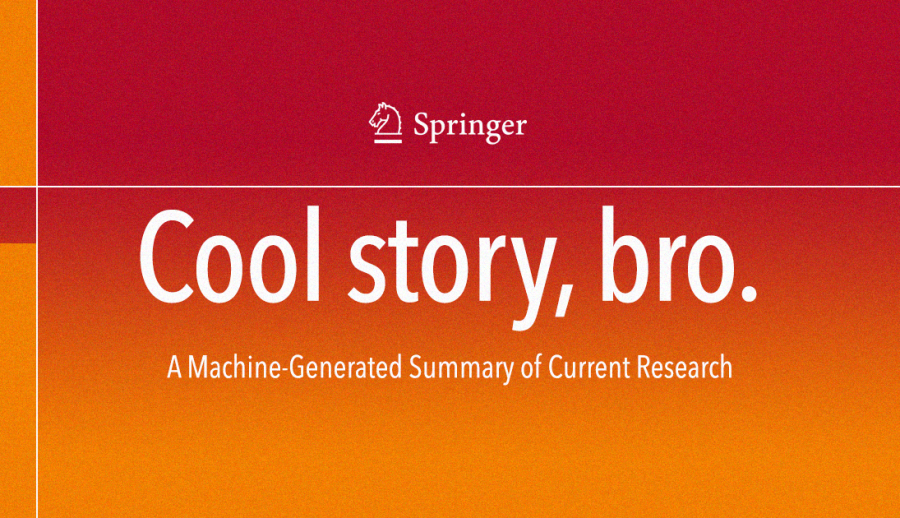
Springer Nature published its first machine-generated book in chemistry. Under the name “Beta Writer” listed as the author of the book, lies an algorithm developed by scientists from Germany’s Goethe University.
The book, named Lithium-Ion Batteries: “A Machine-Generated Summary of Current Research” is a collection and overview of the latest research in the field of lithium-ion batteries. In fact, the book contains summarized details of the latest research in the field from a large number of scientific papers.
Beta Writer, is actually a state-of-the-art algorithm that was developed to select, consume and process relevant publication in a specific field from Springer Nature’s content platform SpringerLink. The algorithm is the result of a collaboration between the publisher, Springer Nature, and the Applied Computational Linguistics lab based at Goethe University Frankfurt/Main.
It uses similarity-based clustering techniques to cluster source documents (scientific articles or books) into coherent chapters and sections so that a book can be constructed. Then, the algorithm creates summaries of the articles and extracts quotes which are referenced by hyperlinks.
According to Springer Nature, machine-generated content will be seen more and more in the future and it is a shared responsibility for potential implications:
“New technologies around Natural Language Processing and Artificial Intelligence offer promising opportunities for us to explore the generation of scientific content with the help of algorithms. As a global publisher, it is our responsibility to take potential implications and limitations of machine-generated content into consideration, and to provide a reasonable framework for this new type of content for the future.”, says Niels Peter Thomas, Managing Director Books at Springer Nature.
The book is released and can be downloaded for free. Springer Nature is planning to continue using Beta Writer for similar projects and publishing other machine-generated books. For them, this book was only the first (and successful) prototype and a first milestone.